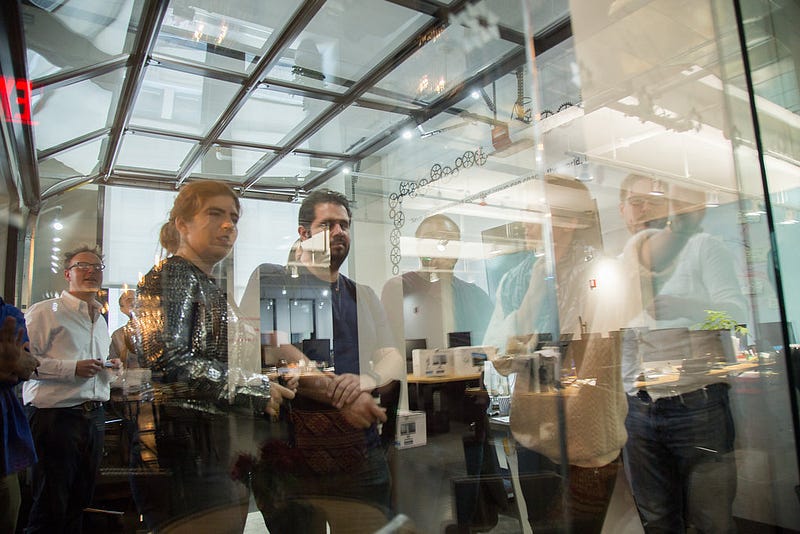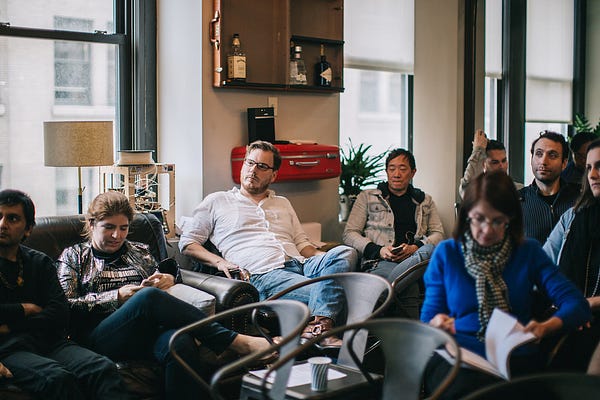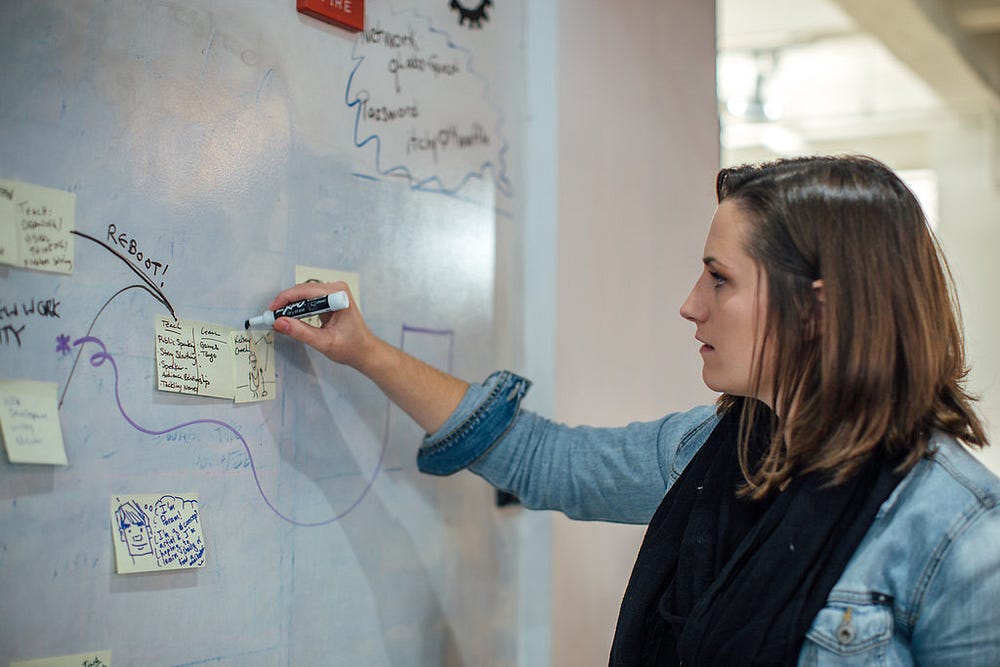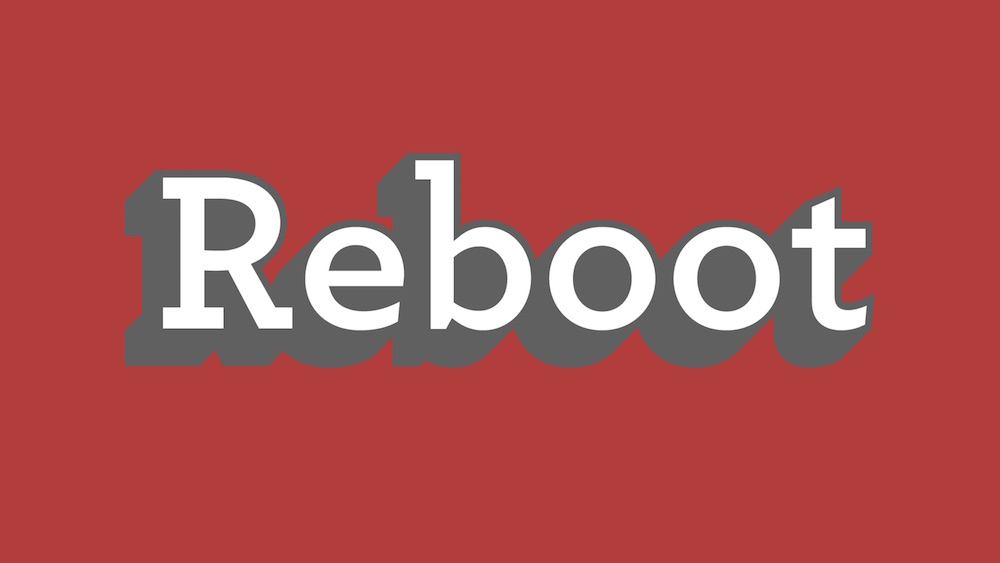The future of work is here and it’s time to start thinking about what that means for your career. Millennials change their jobs nearly every 2 years. Contingency work now makes up 40% of jobs in the US. The prospects of a job in tech might seem interesting if you’re looking for something that gives you a decent wage and more freedom. Even President Obama stresses the need for better tech education in order to future-proof your career. As a developer and veteran of NYC Tech here are some things to consider if you are thinking about switching careers in 2017.

Realize that “There is No Tech Industry”
Tech may be much bigger than you think. Industries as diverse as retail, fashion, journalism, and finance are all in a sense part of tech. If you want to prepare yourself for your career next step there is little ignoring the necessity for tech skills. Learning the basics of digital marketing, coding, data science, or design thinking will not only prepare you to become a developer but may open you up to get into other creative industries. If you want to get a job at a startup sometimes it’s the creative thinking that gives you a leg up. Many founders and managers have liberal arts degrees, not CS degrees — and point to the usefulness of the skills learned in such programs.
What this means for you is that there is a demand for creative thinkers and more opportunities in a broader set of industries. Getting a job in tech isn’t such a narrow concept. Instead it may be making steps towards getting into an industry that might have seemed inaccessible before. Noted tech entrepreneur and blogger Anil Dash in his post, “There is no ‘technology industry’” makes a point about how the pervasiveness of tech make laws and regulations too complex to be able to cover a single vertical. Dash references a Marc Andreessen article Software is Eating the World on how every industry is becoming part of the “tech industry.” While these articles are geared towards those already connected to the tech community there’s a lesson here for those who consider themselves non-technical.
The Price-Tag on Learning is Getting Lower
The nature of getting a technical job means that you’re constantly learning. The good news is that there are more places to learn than ever. Whether through free sites online like code.org or codeacademy or through in person classes here in NYC: Like General Assembly, Noble Desktop, or Reboot. I have taught classes at each of these places and more. What I find so great about the New York education scene is that the opportunities are always growing.
The good news is that there are more places to learn than ever.

Unlike traditional Universities where content approval can take months and programs are quite expensive and take a long time to complete, coding bootcamps allow students a more affordable class at a lower commitment level. The instructors are usually practitioners working in startups or running their own. This gives students a finger-on-the-pulse experience that helps them smooth out a career transition and give them options. Because of the lower costs, students can try out a variety of topics before committing to a specific career path. This means you can learn while you’re still at your current job but feel positive about the direction you’re heading before throwing caution into the wind and leaping in blind. Check out places like Gary’s Guide or Startup Digest for lists of relevant events and classes.
It’s as Much About the Mindset as it is the Skillset
The biggest reason why taking the steps to get a technical job is a positive move for your career is in the mindset that it helps spark. Carol Dweck, a professor of Psychology at Stanford calls this a Growth Mindset. One key thing I’ve learned about tech while working as a coding teacher and technology consultant for over a decade is that it helps you approach your problems differently. Whether learning to code, navigating a database of numbers, or working on visual design, the way technical people approach a problem really is quite different.

The approach I’m referring to is sometimes called lean and sometimes calleddesign thinking. It’s a way of looking at problems with a positive, growth mindset and iterating and working towards a goal in a way that doesn’t seek perfection. It’s about getting the job done. You may have heard of the “fail fast” mantra in the startup community. The key takeaway from this approach is to ship things and test them and not to dwell too much when things go wrong, but instead to learn from the mistakes.
This mindset approach more than anything is one of the best takeaways from learning a technical skill . What’s more, once you’ve acquired it, it can be applied to any part of your life to help you level up. Whether you can’t work in your job another day, or you’re frustrated but aren’t ready to leave your job just yet, learning a tech skill has never been an easier or better next step. Don’t let another year go by without taking the steps needed to invest in the career you want.
—
Nate is the founder of Reboot, a career and skills-training school. If you’re interested in switching careers to getting more into tech, check out our coding bootcamp.
